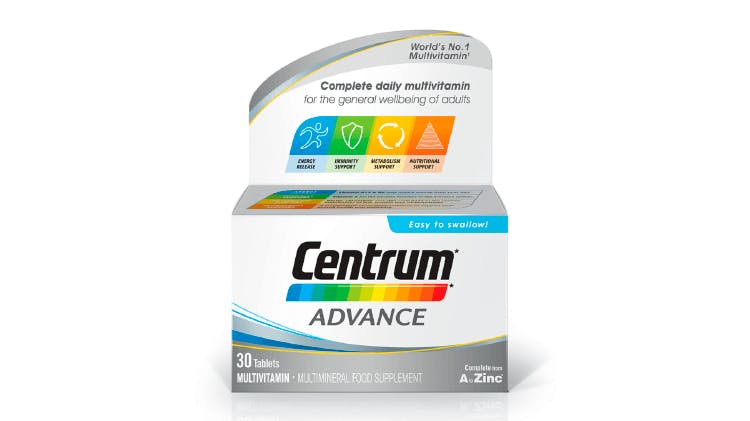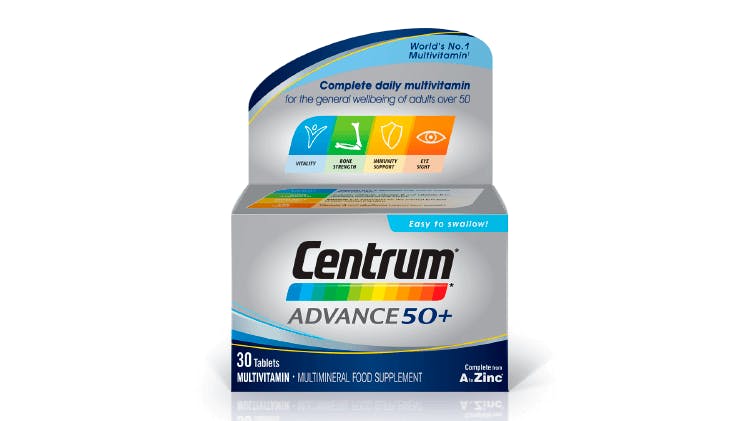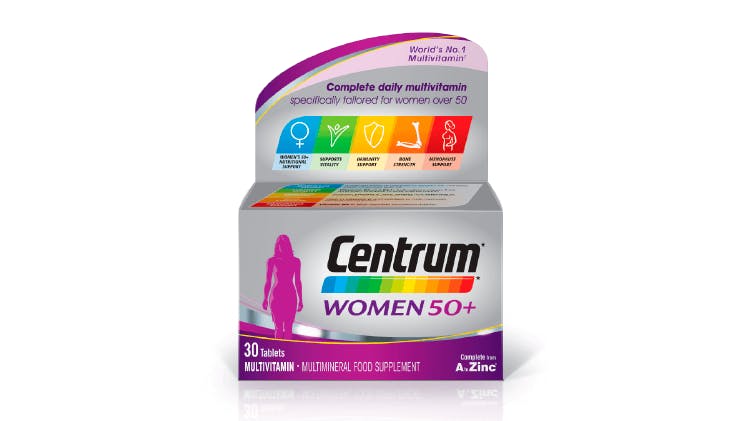Nutritional Needs: Diagnosis

Recognising poor nutrition
Overall appearance and behaviour can alert health care professionals to poor nutrition. People reporting these symptoms should be referred to their GP.
Nutritional status is typically determined by dietary recalls and food records, and eliminating one or more food groups or inadequate food intake from all the food groups may indicate poor nutrient intake. The body stores certain vitamins and minerals in tissues, and it’s not possible to accurately assess the levels of all micronutrients in serum or plasma.
However, measuring biomarkers for nutrients such as vitamin B12, vitamin D, and iron is useful in determining nutrient status.
Nutrient needs change with age and stage of life and they are gender- specific. A customer’s medical history, medication use, and socioeconomic factors may influence how likely they are to benefit from micronutrient supplementation.
Populations likely to experience reduced vitamin and mineral status include:
- Older adults (folate, vitamin B6, vitamin B12, vitamin C, vitamin D, calcium, iron, zinc)1
- People with dark-colored skin; those who cover all exposed skin or use sunscreen whenever outside; and individuals who spend most of their time indoors (vitamin D)2
- People with obesity (multiple micronutrients)3
- People who consume alcohol in excess (vitamin A, B vitamins, folate)4
- Smokers (vitamins C and E)5
- People with type 2 diabetes (vitamin B12, magnesium)6
- People following a significantly restricted diet or low-calorie diet (multiple micronutrients)7
Understanding Nutritional Health
Understanding nutrition status
Learn more about the factors which can influence nutritional status.
The Centrum Range

Centrum Advance Multivitamin
A daily Multivitamin supplement that helps customers ensure they are getting the nutrients they need.*

Centrum Advance 50+
Helps support the nutritional needs of adults 50 years of age and older.*

